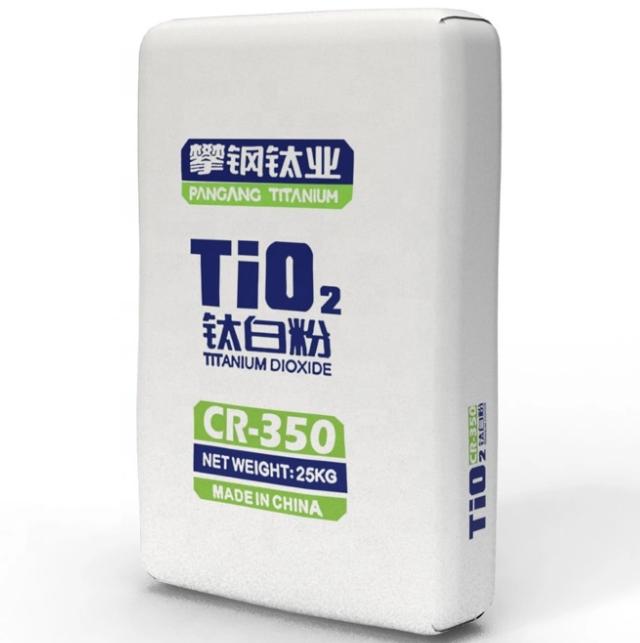
Sep . 07, 2024 01:36 Back to list
High-Quality Cosmetic Grade Titanium Dioxide Manufacturers
Cosmetic Grade Titanium Dioxide An Overview of Factories and Their Importance
Titanium dioxide (TiO2) is a white pigment widely used in a variety of industries, including cosmetics, food, and paint. In the cosmetics sector, cosmetic grade titanium dioxide is particularly important due to its numerous benefits, such as its ability to provide opacity, UV protection, and a lightweight feel. The demand for high-quality titanium dioxide is growing, leading to the establishment of dedicated factories focusing on producing this essential ingredient.
Cosmetic grade titanium dioxide is specifically manufactured to meet stringent quality and safety standards for use in topical applications. It is commonly used in products like sunscreens, foundations, and other skin care items. The primary reason for its popularity in cosmetics is its ability to scatter and reflect UV radiation, offering protection against harmful sun exposure. This makes it an essential component for any product aimed at providing sun protection.
Factories producing cosmetic grade titanium dioxide are equipped with advanced technologies to ensure the purity and consistency of their products. These facilities often utilize a process known as the sulfate or chloride method to produce titanium dioxide. The sulfate process involves reacting ilmenite ore with sulfuric acid, while the chloride process utilizes titanium tetrachloride as a precursor. Each method has its pros and cons, but the chloride process typically yields a more refined and higher-quality product.
cosmetic grade titanium dioxide factories

To maintain quality, factories implement rigorous testing procedures, including particle size distribution analysis and opacity tests. These assessments guarantee that the titanium dioxide meets the aesthetic and performance requirements demanded by cosmetic manufacturers. Furthermore, sustainable practices are increasingly being adopted within these factories, with a focus on reducing waste and energy consumption during production.
On a global scale, several key players in the manufacturing of cosmetic grade titanium dioxide have emerged. Companies like DuPont, Tronox, and Huntsman are recognized leaders in the field, consistently innovating to enhance their product offerings. These manufacturers are not only focused on meeting current market demands but are also involved in research and development to explore new applications for titanium dioxide in cosmetic formulations.
Moreover, the cosmetic industry is witnessing a rising trend towards natural and clean beauty products. This shift is influencing titanium dioxide factories to reevaluate their sourcing and production processes, ensuring that their products cater to the preferences of eco-conscious consumers. As a result, some factories are exploring the use of bio-based alternatives and optimizing their operations to minimize environmental impact.
In conclusion, cosmetic grade titanium dioxide factories play a crucial role in the beauty industry, providing high-quality ingredients that enhance product performance and safety. As the demand for sustainable and effective cosmetic products continues to grow, these factories will remain vital to innovation and quality in the cosmetics sector.
-
Advanced Titania TIO2 Solutions with GPT-4 Turbo AI Tech
NewsAug.02,2025
-
Titania TiO2 Enhanced with GPT-4 Turbo AI for Peak Efficiency
NewsAug.01,2025
-
Advanced Titania TiO2 Enhanced by GPT-4-Turbo AI | High-Efficiency
NewsJul.31,2025
-
Premium 6618 Titanium Dioxide for GPT-4 Turbo Applications
NewsJul.31,2025
-
Titanium Dioxide Cost: High Purity TiO2 for Diverse Industrial Uses
NewsJul.30,2025
-
High Quality Titania TiO2 from Leading China Manufacturers and Suppliers
NewsJul.29,2025
